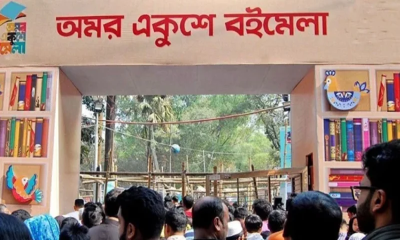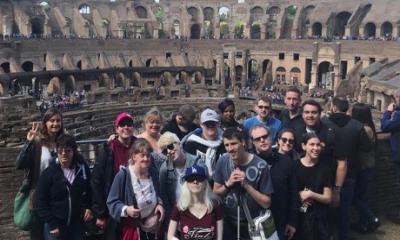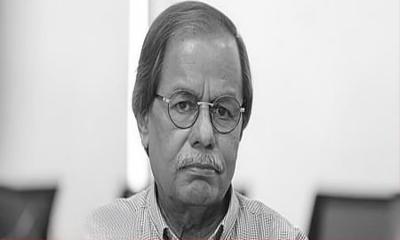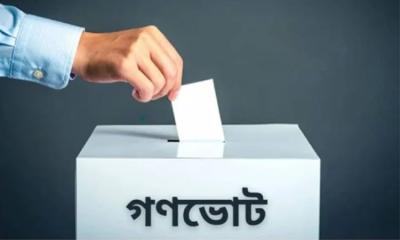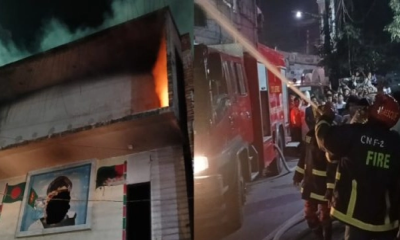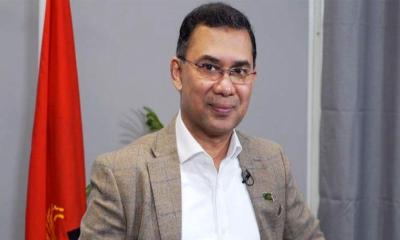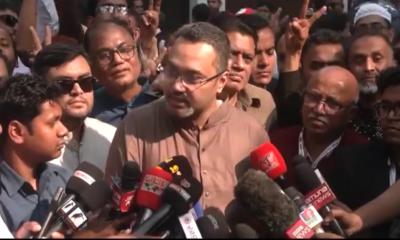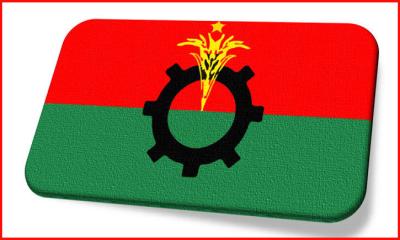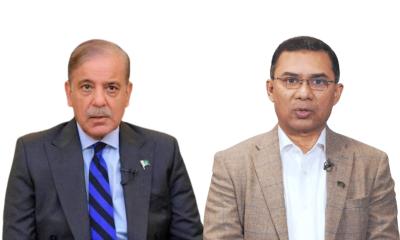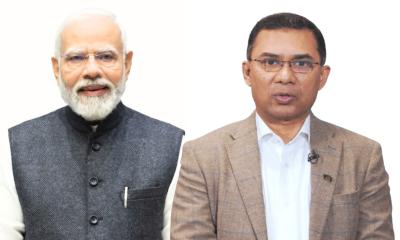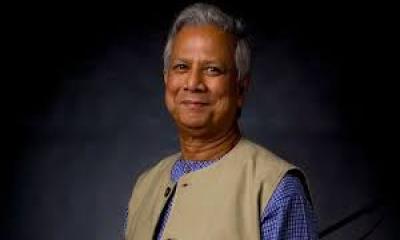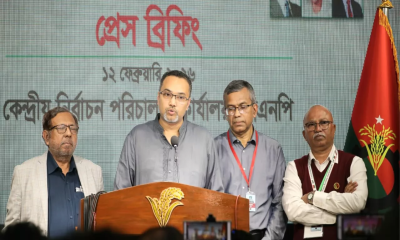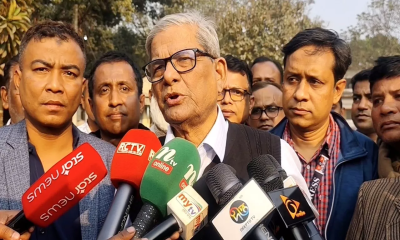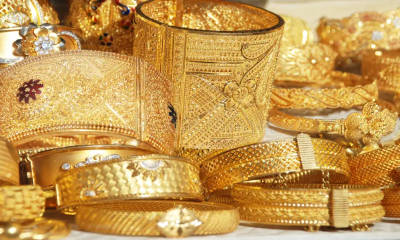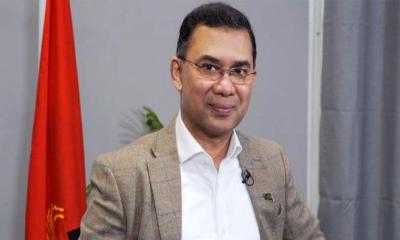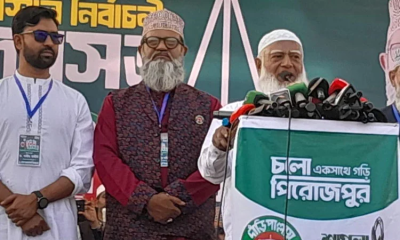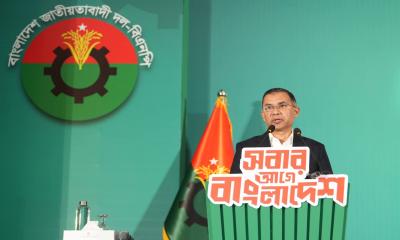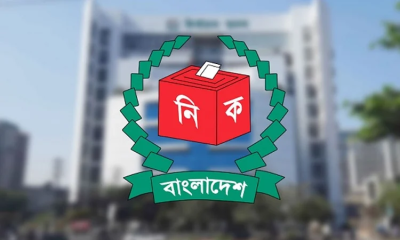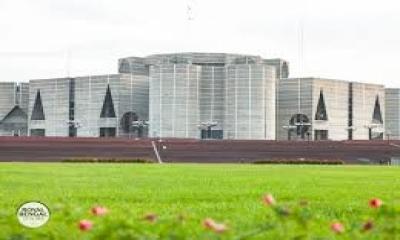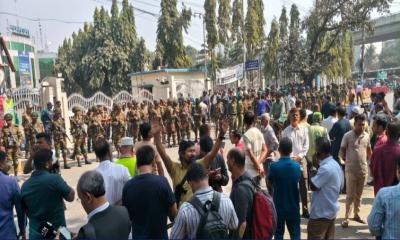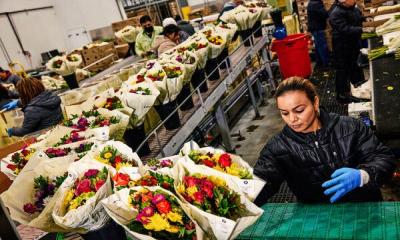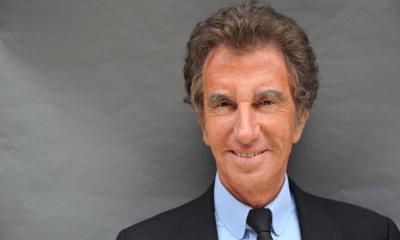On January 25, Nomthandazo Towera Soko, a Malawian national, landed in Dhaka with 8.3 kilograms of cocaine. A nurse by profession, she was hoping to earn $3,000-$4,000 for bringing the drug to Bangladesh.
On successful delivery of the consignment, Soko would have gotten the amount deposited to her Nigerian bank account.
That transfer would have been done by Ezeh Emmanuel Chidera, a Nigerian national who is studying at a private university in Dhaka on a scholarship.
Chidera and his girlfriend handle the bank accounts from which payments are made to the mules for each leg of the consignment`s transit to its final destination in Europe or the US.
The couple work for Don Franki alias Jacob Franki, who has been residing in Bangladesh for the last nine years in the guise of a garment trader.
For Soko, that payout never materialised as she got caught with the cocaine at the Hazrat Shahjalal International Airport, in what was a record bust of the powerfully addictive stimulant drug.
She along with seven others have so far been arrested, all believed to be cogs of a transnational drug trafficking ring that smuggles cocaine from Africa to Europe or the US via India and Bangladesh, said officials at the Department of Narcotics Control (DNC).
DNC has arrested Chidera along with Cameroonian Kelvin Yenge, Nigerians Nonso Ezema Peter alias Oskar and Ndulu Ebuka Stanley alias Podosky, Tanzanian Mohamedi Ali Mohamedi and Bangladeshi nationals Saiful Islam Rony and Asaduzzaman Apel.
The mastermind Franki though managed to flee to Nigeria.
Six of the arrestees have given their confessional statements, said Mujibur Rahman Patwary, additional director of the Dhaka Division DNC.
"But they only disclosed their assignment and nothing about the syndicate as it works using a cut-out strategy. One member does not know the other`s role or details -- this becomes a challenge for investigations," Patwary said.
Soko, Mohamedi and Yenge are the drug mules, who are paid for each successful delivery.
Rony was responsible for sending out fake invitations to the African nationals for their visa purposes. For each invitation letter, he would get Tk 40,000 to Tk 1 lakh. Rony has issued at least four invitation letters to the syndicate`s carriers to date.
A similar payment was given to Apel for repacking the consignment for shipping to India, investigators said.
The investigators are now verifying the involvement of these nationals and possible other routes.
"We got some information about the syndicate`s other members and transaction details and we are now verifying those," said Md Mehedi Hasan, assistant director of the DNC.
The Narcotics Control Bureau from Nigeria is cooperating with DNC for the investigation, Hasan said.
Bangladesh has been used as a transit route for cocaine smuggling for a decade now. Between 2014 and November last year, 28.72 kg of cocaine has been seized.
Cocaine has no market in Bangladesh, said DNC officials.
In the last decade, the drug rehabilitation centres in Bangladesh hardly had any cocaine addicts.
The officials, however, suspect that India may not be the ultimate destination of the consignments as there are possibilities that these go to European countries from there.
"We often managed to arrest the carriers behind the cocaine smuggling. But they never know anything about the ring or financiers, so the mastermind stays behind. We are hopeful of stopping the syndicate activities this time," said the DNC additional director Patwary. (The Daily Star)




